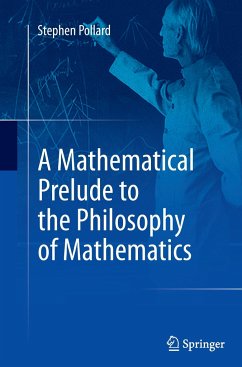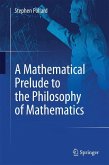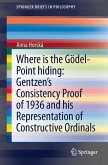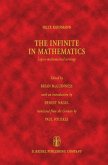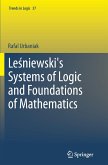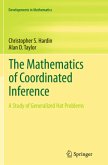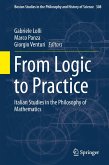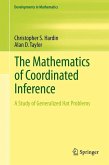This book is based on two premises: one cannot understand philosophy of mathematics without understanding mathematics and one cannot understand mathematics without doing mathematics. It draws readers into philosophy of mathematics by having them do mathematics. It offers 298 exercises, covering philosophically important material, presented in a philosophically informed way. The exercises give readers opportunities to recreate some mathematics that will illuminate important readings in philosophy of mathematics. Topics include primitive recursive arithmetic, Peano arithmetic, Gödel's theorems, interpretability, the hierarchy of sets, Frege arithmetic and intuitionist sentential logic. The book is intended for readers who understand basic properties of the natural and real numbers and have some background in formal logic.
"A Mathematical Prelude to the Philosophy of Mathematics is an easy-to-read book with a variety of helpful exercises covering a range of topics in the foundations of mathematics, with chapters focussing on set theory, arithmetic, and intuitionistic logic. ... students interested in contemporary issues in the philosophy of mathematics would likely still find these useful, as many of the issues raised by these results remain live in the literature to this day." (Audrey Yap, Philosophia Mathematica, Vol. 24 (2), June, 2016)
"This book provides some mathematical background for undergraduate students of philosophy who want to study philosophy of mathematics. It provides mathematical training using a lot of elementary exercises." (Reinhard Kahle, Mathematical Reviews, January, 2016)
"There have been many books on the philosophy of mathematics, but I do not think that many books aim to prepare students properly for the subject, which is what Pollard wants to do. ... For readers like me, who know some basic number theory and analysis, as well as basic logic and computability theory, Pollard's book will be a stimulating and novel experience." (John Stillwell, Studia Logica, Vol. 104, 2016)
"The aim of the book is to give students opportunities to recreate some mathematics that will illuminate important readings in the philosophy of mathematics. ... The book contains 298 exercises in the mentioned areas supported by explanatory materials. Each chapter ends by solutions of odd-numbered exercises as well as references. ... The book can serve as a supplement to primary texts chosen by instructors." (Roman Murawski, zbMATH, Vol. 1294, 2014)
"This book provides some mathematical background for undergraduate students of philosophy who want to study philosophy of mathematics. It provides mathematical training using a lot of elementary exercises." (Reinhard Kahle, Mathematical Reviews, January, 2016)
"There have been many books on the philosophy of mathematics, but I do not think that many books aim to prepare students properly for the subject, which is what Pollard wants to do. ... For readers like me, who know some basic number theory and analysis, as well as basic logic and computability theory, Pollard's book will be a stimulating and novel experience." (John Stillwell, Studia Logica, Vol. 104, 2016)
"The aim of the book is to give students opportunities to recreate some mathematics that will illuminate important readings in the philosophy of mathematics. ... The book contains 298 exercises in the mentioned areas supported by explanatory materials. Each chapter ends by solutions of odd-numbered exercises as well as references. ... The book can serve as a supplement to primary texts chosen by instructors." (Roman Murawski, zbMATH, Vol. 1294, 2014)
From the book reviews:
"The aim of the book is to give students opportunities to recreate some mathematics that will illuminate important readings in the philosophy of mathematics. ... The book contains 298 exercises in the mentioned areas supported by explanatory materials. Each chapter ends by solutions of odd-numbered exercises as well as references. ... The book can serve as a supplement to primary texts chosen by instructors." (Roman Murawski, zbMATH, Vol. 1294, 2014)
"The aim of the book is to give students opportunities to recreate some mathematics that will illuminate important readings in the philosophy of mathematics. ... The book contains 298 exercises in the mentioned areas supported by explanatory materials. Each chapter ends by solutions of odd-numbered exercises as well as references. ... The book can serve as a supplement to primary texts chosen by instructors." (Roman Murawski, zbMATH, Vol. 1294, 2014)

